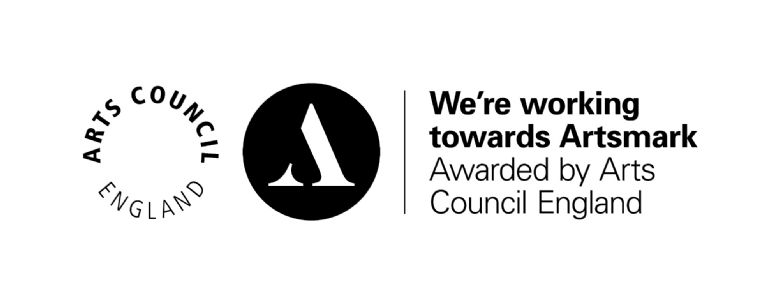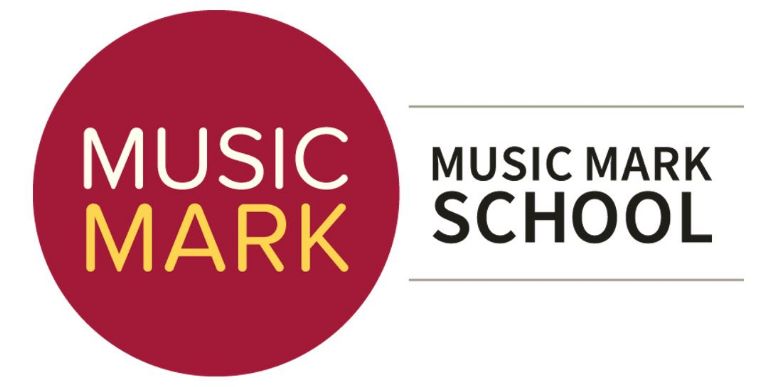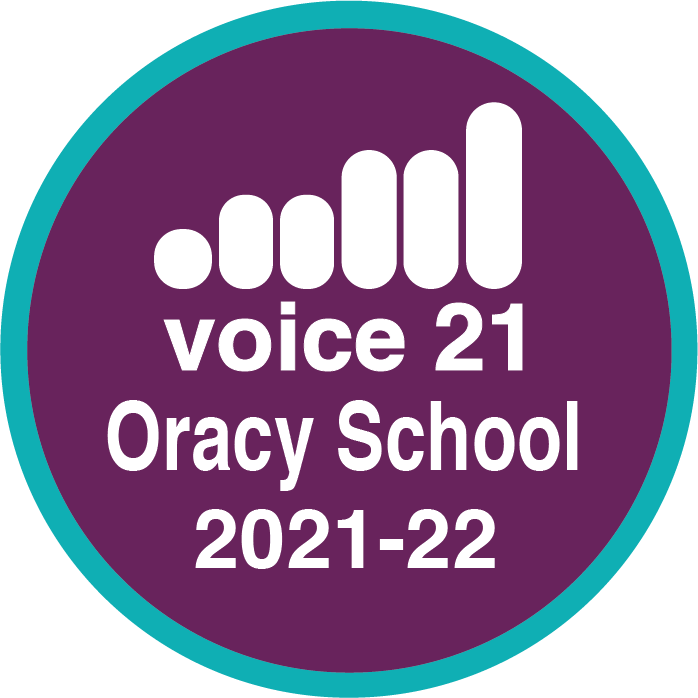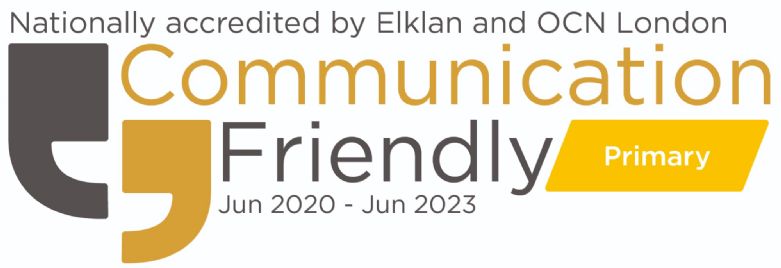Science home learning
List of online educational resources for Science home learning:
BBC Bitesize
Website: https://www.bbc.co.uk/bitesize/primary
Key stages: Key Stage 1 and Key Stage 2
Description: Interactive resources covering the primary science curriculum.
Registration: not required
STEM Learning (Home learning)
Website: https://www.stem.org.uk/primary-science
Key stages: Key Stage 1 and Key Stage 2
Description: an online resource bank, which links to resources on external websites. The site features a live chat function offering support from subject experts. New home learning resources are being developed.
Registration: not required
Southfields online learning recommendations:
Discovery Education Espresso
https://central.espresso.co.uk
Description: selected resources for curriculum objectives - activities, videos, interactive games, articles and factfiles, printable resources
Registration: school registration (please contact your teacher if you need reminding)
Purple Mash
Description: selected resources for curriculum objectives - tools to create charts graphs and writing frames. Teachers may set 2Do tasks relating to topics.
Registration: school registration (please contact your teacher if you need reminding)
What your child is learning in Science at school and how to help your child at home


The word science may conjure up memories of learning lists of facts when you were in school. However, with regard to Science in school today, children are encouraged to observe, question and investigate through the disciplines of biology, chemistry and physics, rather than accept the facts unchallenged.
The National Curriculum separates the teaching of Science into several areas:

When working scientifically, children investigate a range of processes, the nature and methods of science. They do this through a range of scientific skills including: observing over time; pattern seeking; identifying, classifying and grouping; comparative and fair testing (controlled investigations); and research using secondary resources. They learn how to plan investigations (varying only one factor at a time, ensuring it is a fair test); present their results (in tables and charts) and explain their findings. Encourage your child to look closely at things, ask questions and feed their own curiosity.
A few ideas of how you can help your child at home with scientific understanding.
Plants:
To show how water travels through plants, take a stick of celery and place it in a container of water containing a few drops of food colouring. Leave it overnight. The coloured water will travel up the stem to the leaves at the top. If you cut the stick, you will see little dots of colour all the way through. This shows the transportation of water through the plant.
Animals, including humans:
Help your child locate their pulse in their wrist. Explain that this is a measurement of their heart beat. When they have found it, count how many pulses occur in one minute. Now ask them to jump up and down or run around for one minute. Ask them to re-take their pulse again for another minute. What has happened to their heart beat? So what happens to their bodies when they exercise? (Their heart rate increases because the heart needs to pump blood containing oxygen around the body more quickly to the muscles in the body.)
Animals, including humans:
Look at different foods that you are using for meals at home. Look at the recommended daily allowances of the contents and help children understand the need for balanced diets. Help them to plan a healthy, balanced meal based on the nutrients, vitamins and minerals present.
Materials and their properties:
Ask your child to go on a ‘magnetic' hunt. How many things can they find around the home that are magnetic? Are all metal objects magnetic?
Children often think that all metals are attracted to magnets whereas it is only iron and some iron alloys eg steel, cobalt and nickel that are attracted. Some stainless steels are not magnetic. Some 1p and 2p 'copper' coins are attracted to magnets as they have a thin copper coating over a steel disc. Aluminium cans are not magnetic whereas 'tins' are largely made of iron and are magnetic. Non- metallic materials are not magnetic.
Materials and their properties:
Children often get the concepts of dissolving and melting mixed up. Dissolving is where a solid mixes with a liquid to form a solution; melting is where a solid changes state to a liquid form.
Try dissolving different things into water. Follow the link to the BBC website.
http://www.bbc.co.uk/education/dynamo/lab/dissolve.htm
Sound:
Cover a large glass bowl with cling film and place a few grains of sugar on top. Bang a large baking tray with a wooden spoon near to the bowl. What happens to the sugar? This demonstrates that sound waves travel through the air and make objects vibrate. When you bang the tin, it causes the particles of air around it to vibrate. This in turn makes the cling film vibrate which makes the sugar jump showing the ability of sound waves to travel through air and other objects.
Sound:
Take a ruler and hold it so that most of it is hanging over the edge of a table. Now twang it. Pull the ruler in slightly so that there is less of an overhang. Twang it again. Does the pitch get higher or lower?
Light:
Pretend to be pirates! Ask your child to look through an empty kitchen roll tube. What can they see? Now bend the kitchen roll tube in the middle and look through it again. Can they see anything? This demonstrates that light travels in straight lines. Light cannot travel around bends.
Place a torch on a table in front of wall and make some shadow puppets with your hands. What is happening? Your hands are blocking the light from the torch. What happens if you move your hands closer to the light source? Does the shadow get bigger or smaller? Try placing other objects in front of the torch such as a mirror. The mirror both reflects the light and causes a shadow because it is opaque.
We hope enjoy these simple ideas. Have fun and please do encourage your child to look closely at the world around them and investigate.
Please use the links below to find out more about science
Science bites games and knowledge - http://www.bbc.co.uk/schools/websites/4_11/site/science.shtml
Links with associations and research - http://www.nuffieldfoundation.org/primary-science-and-space











